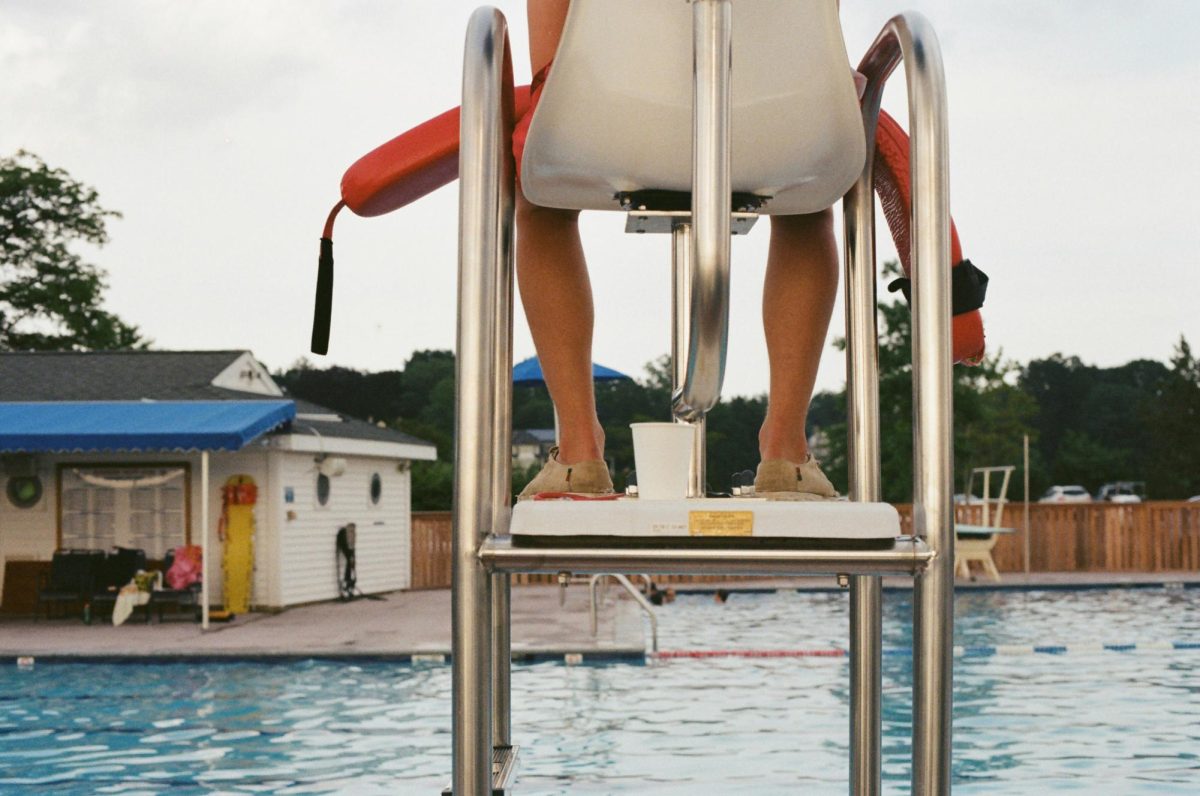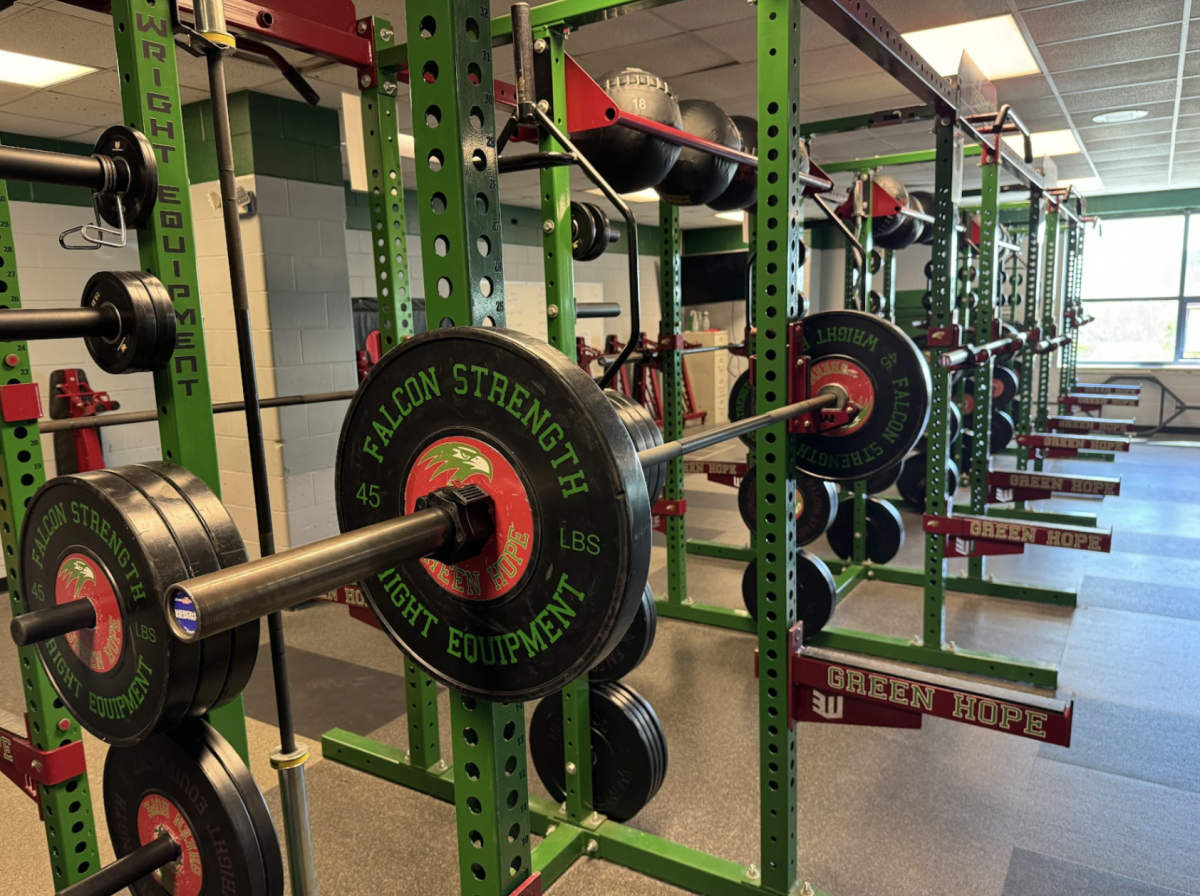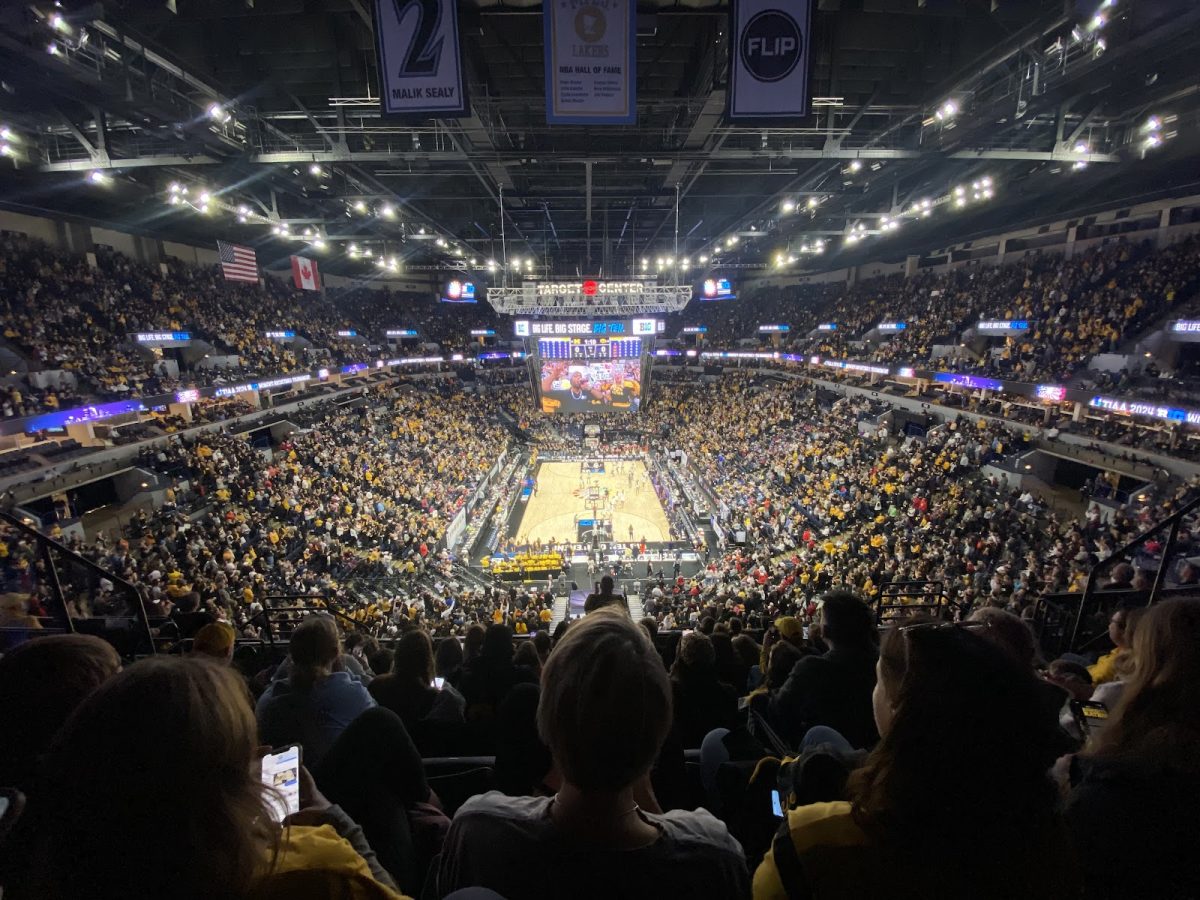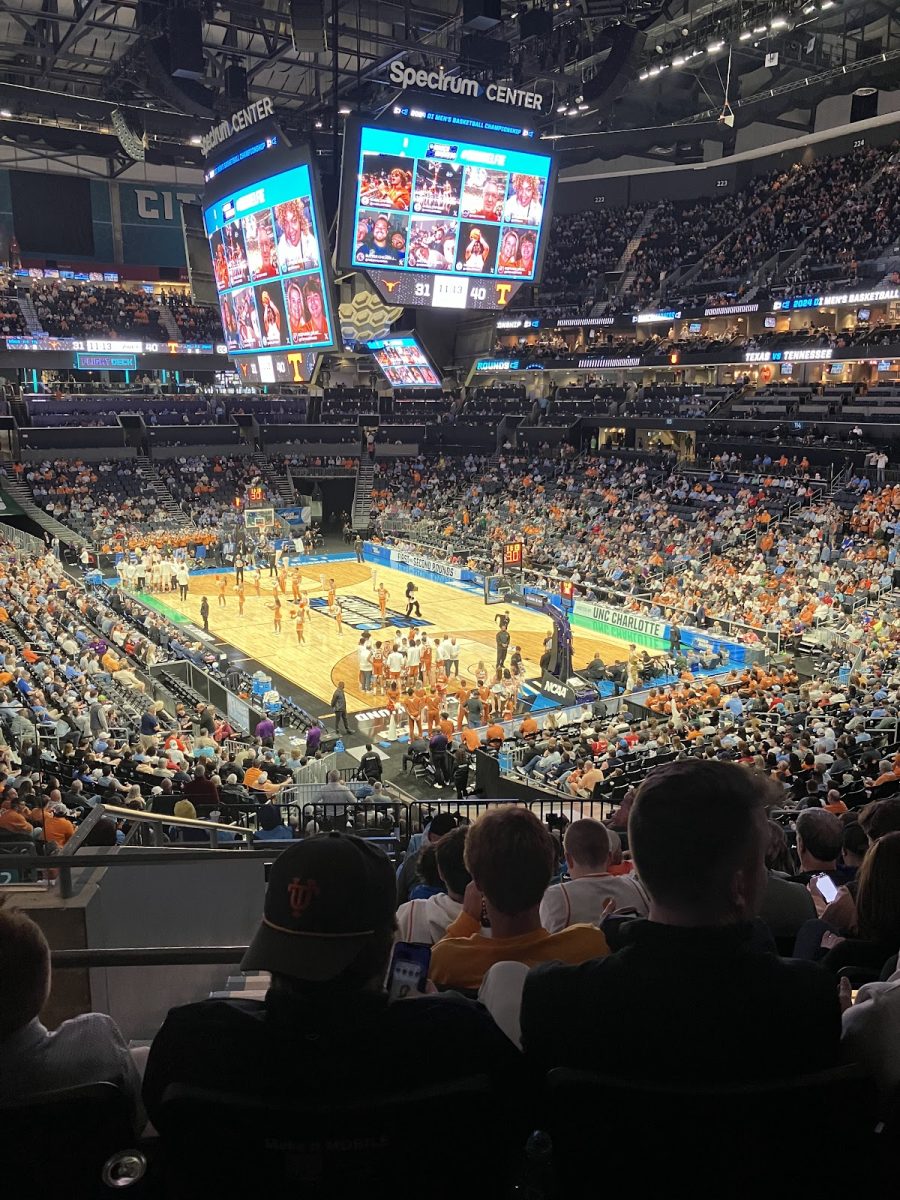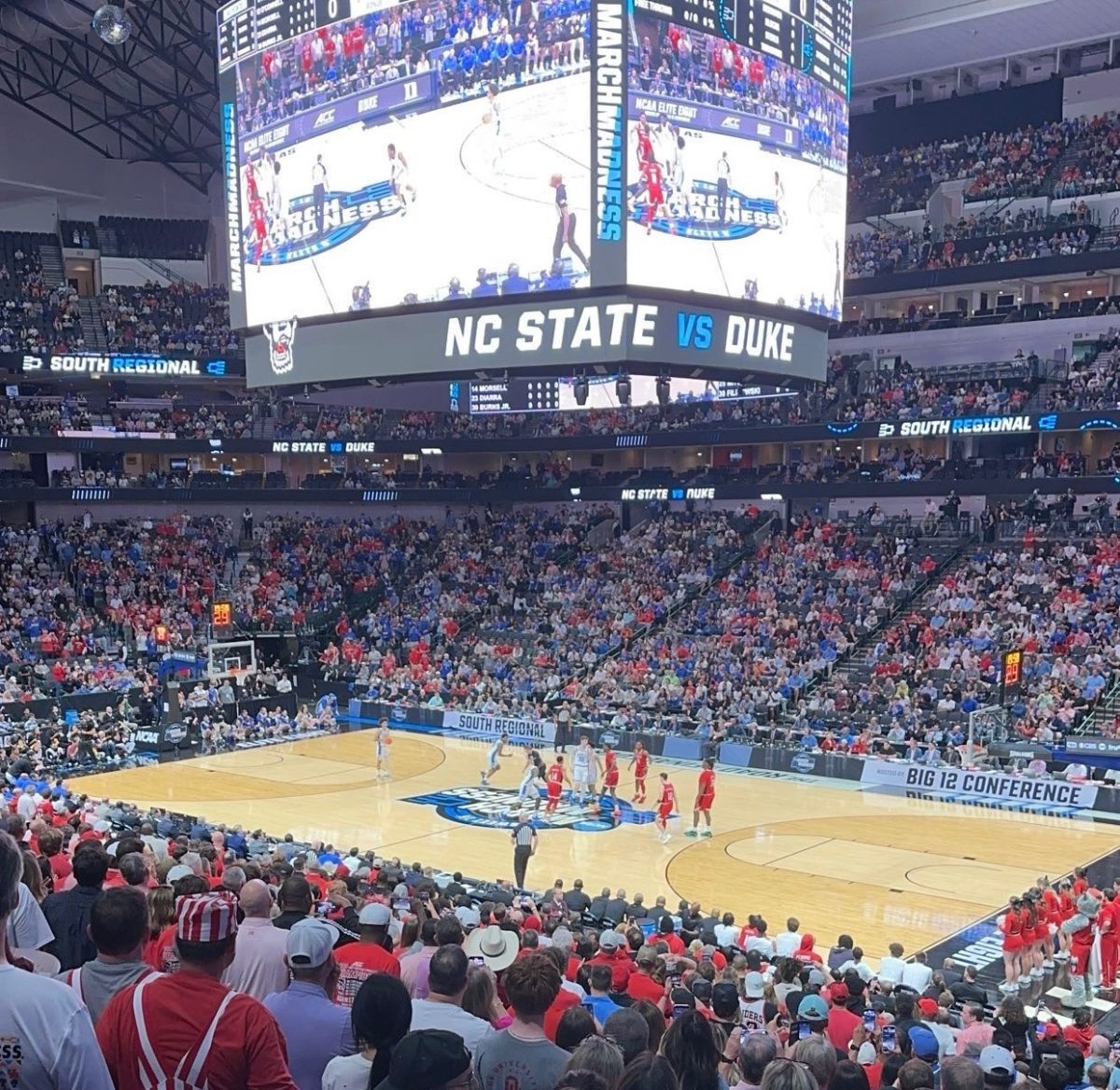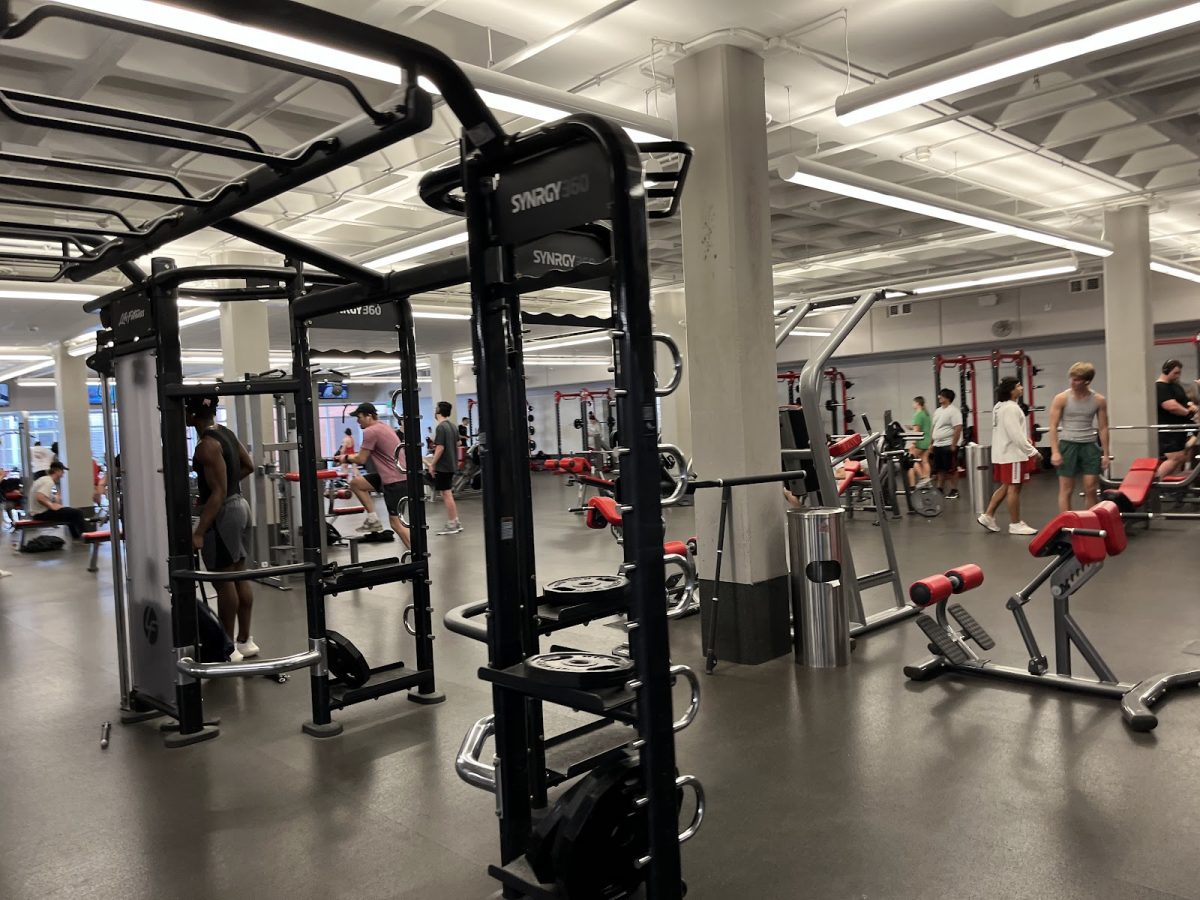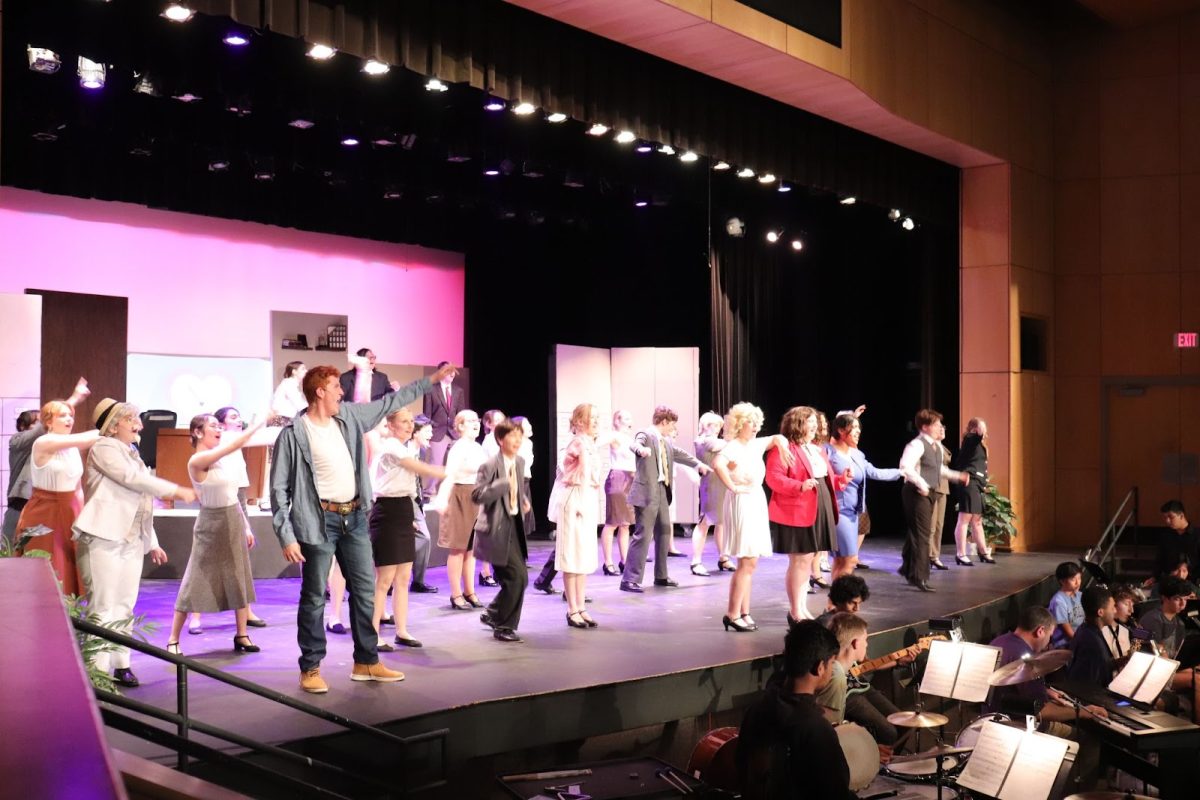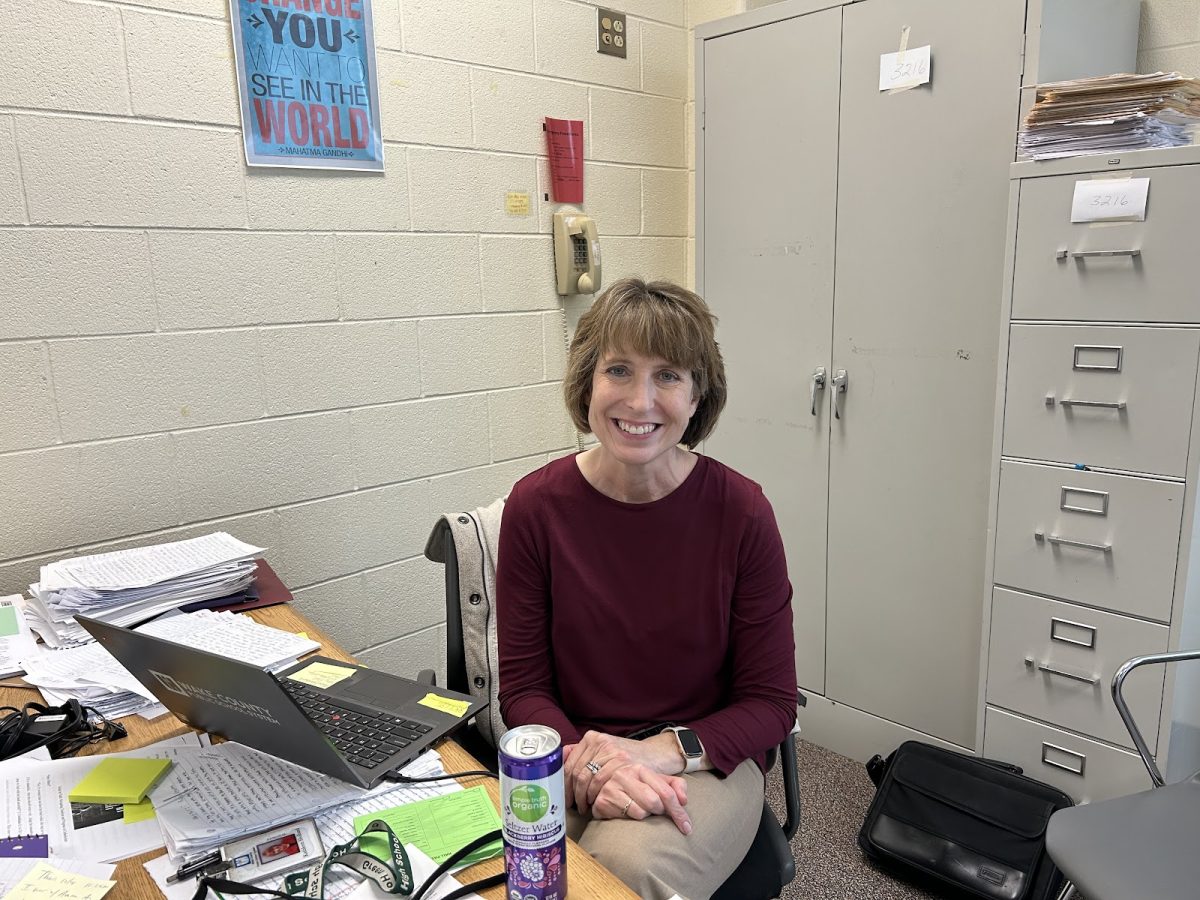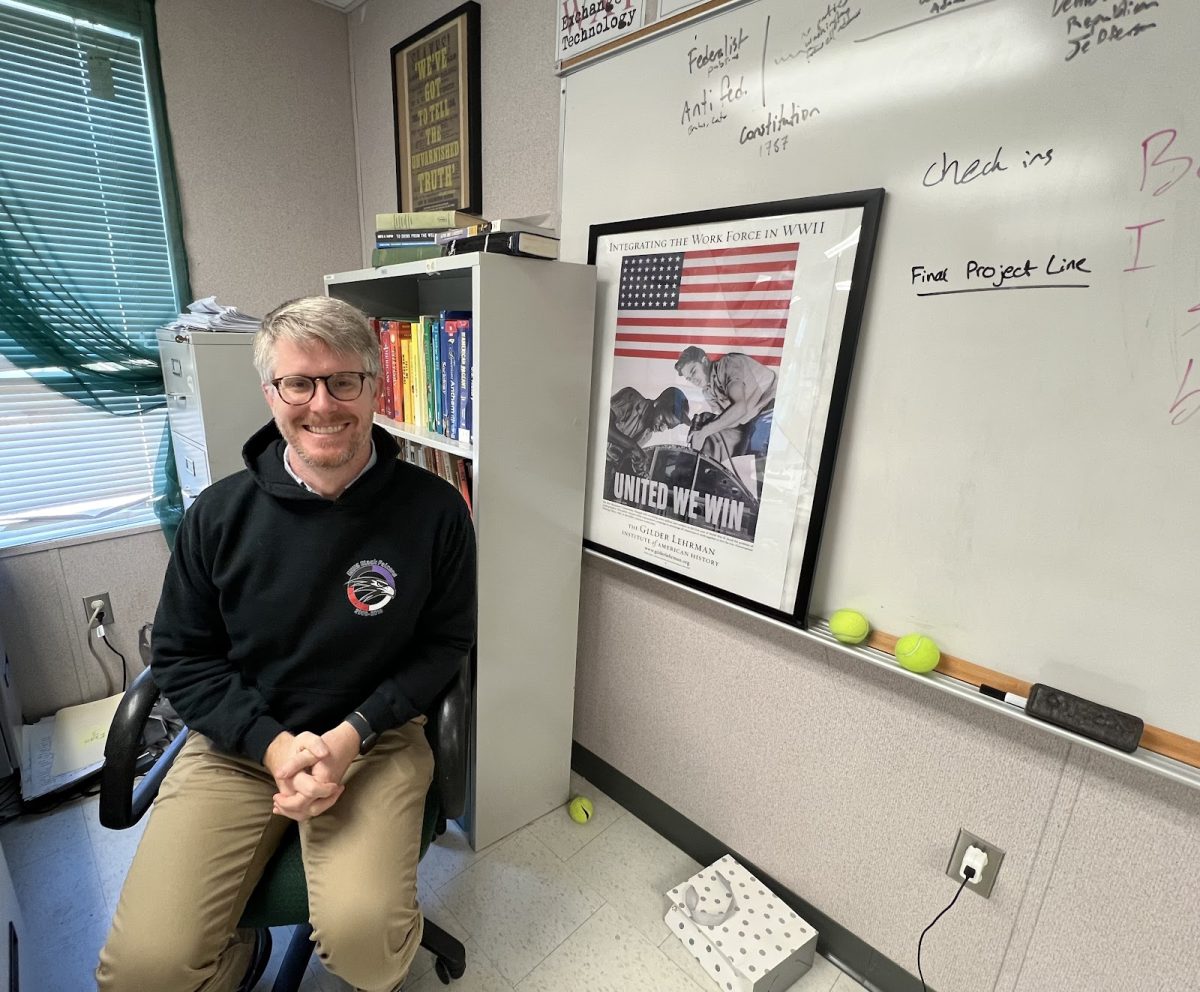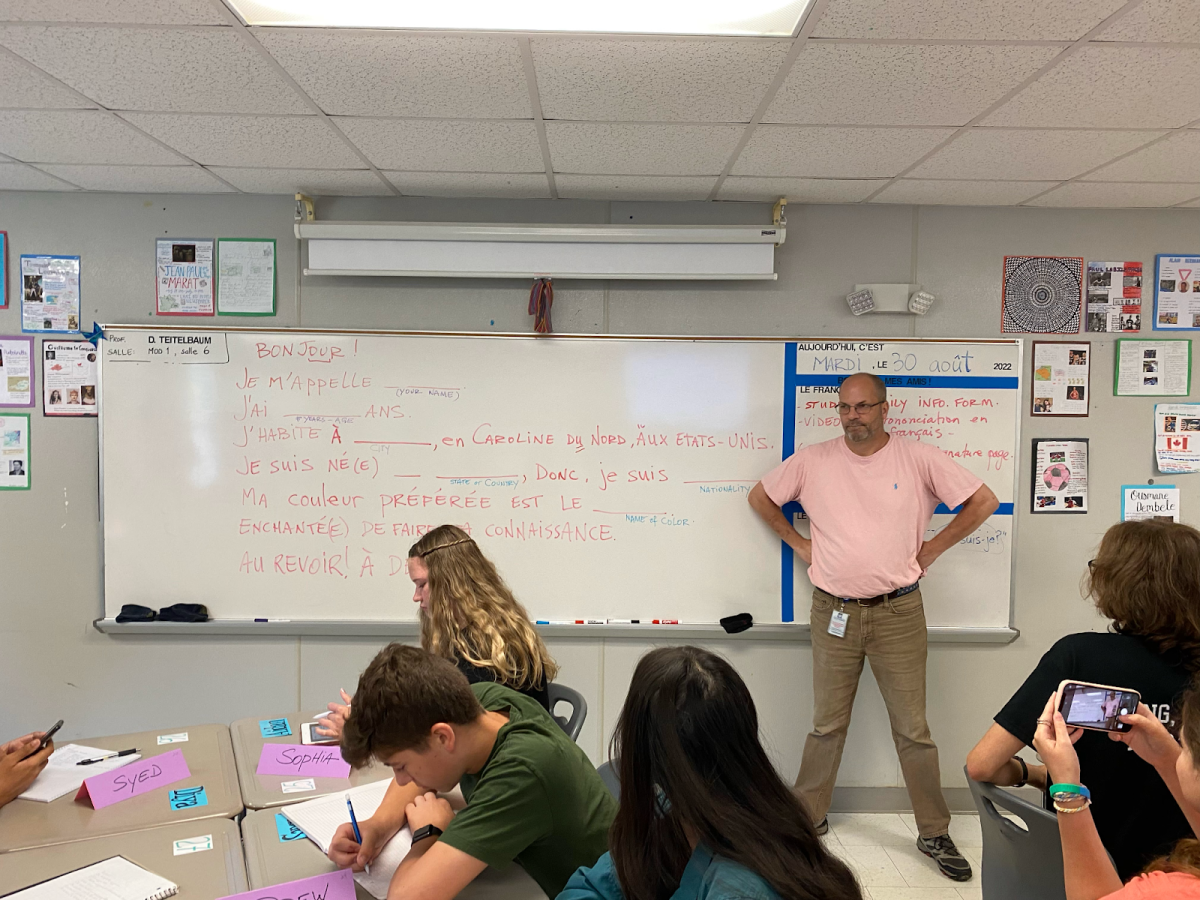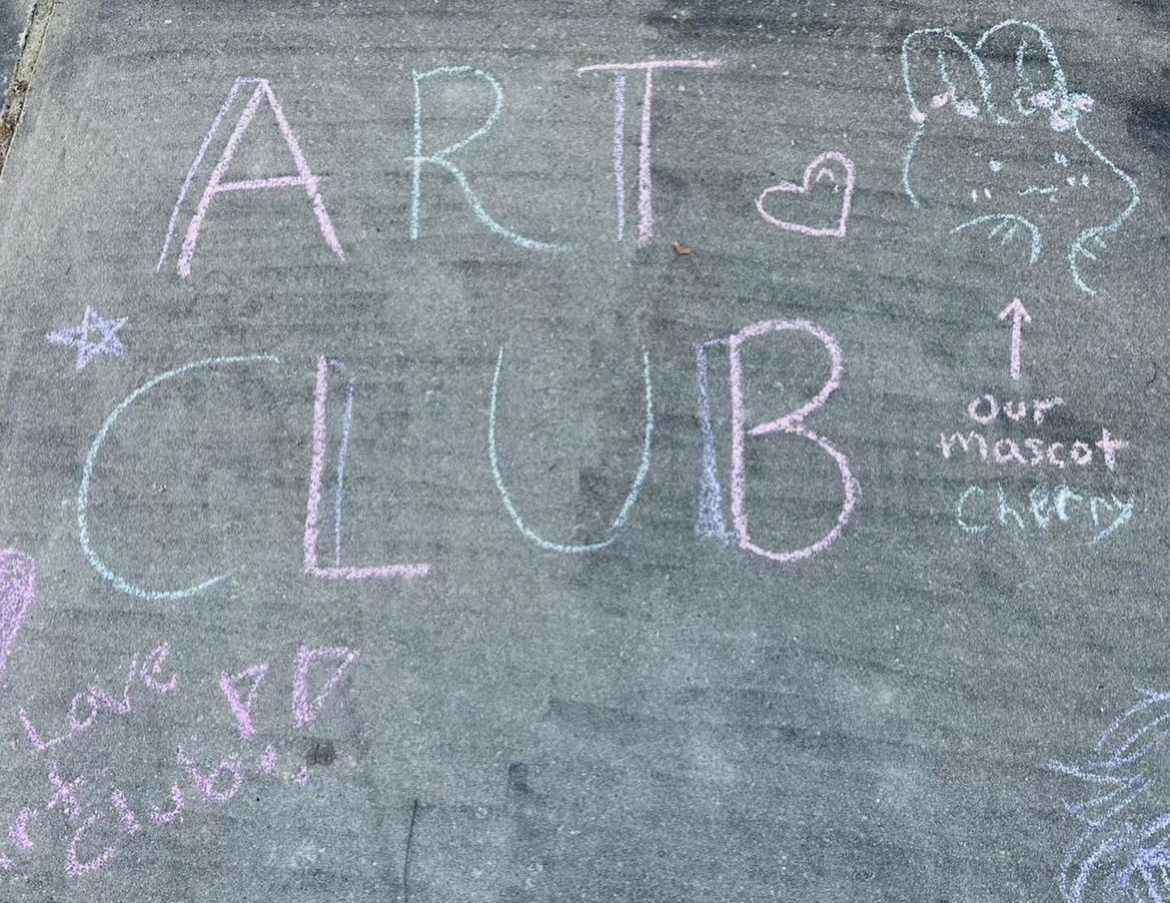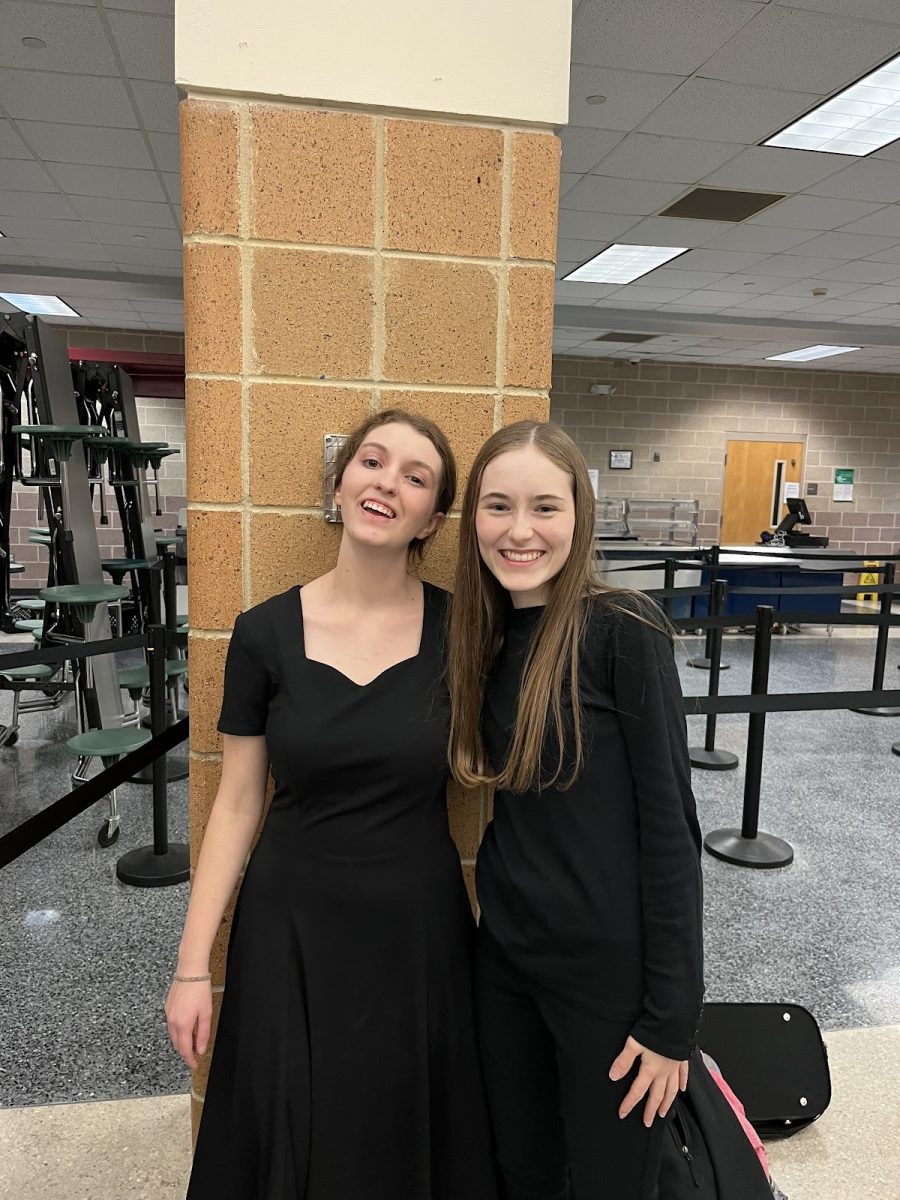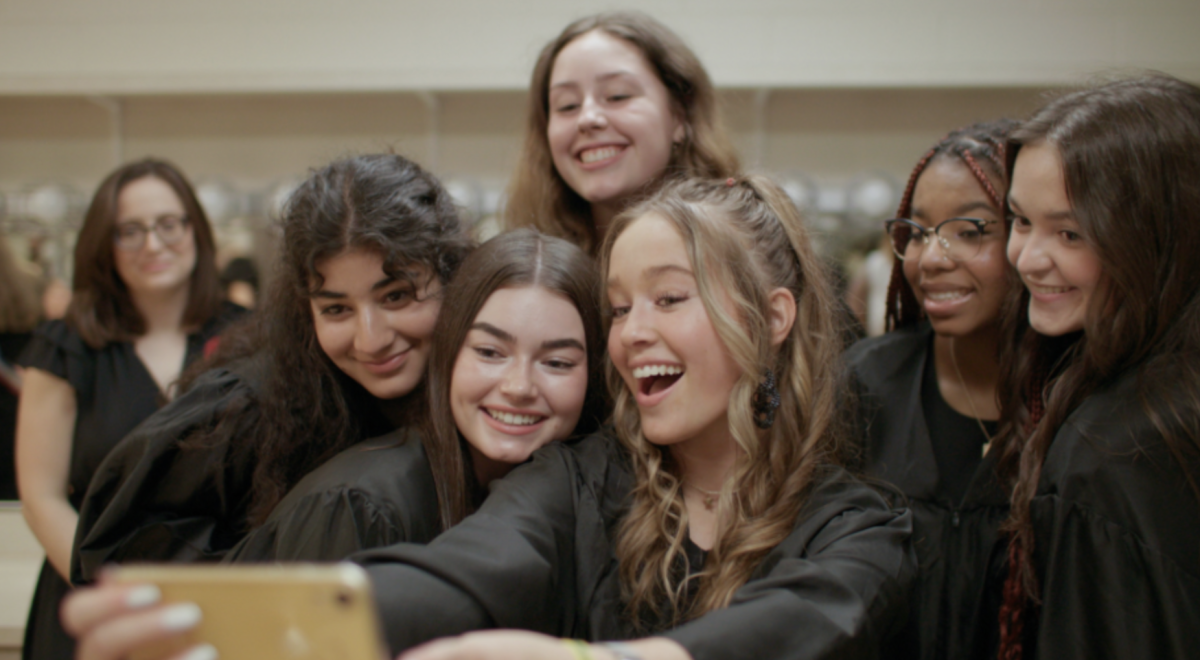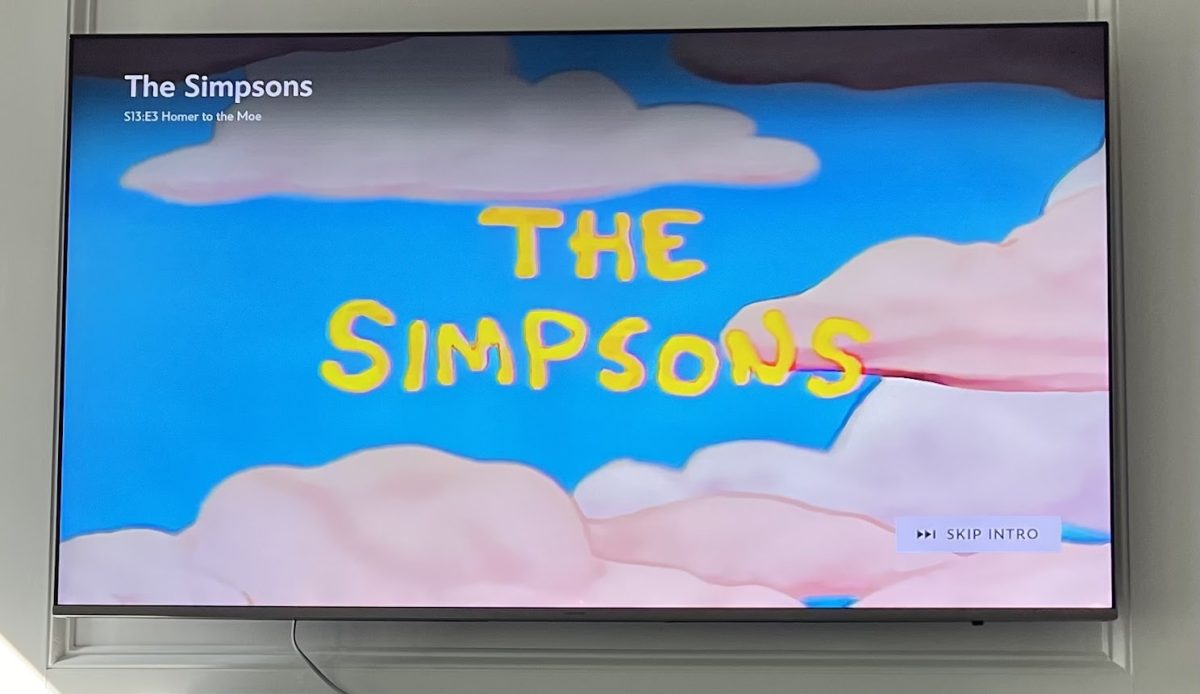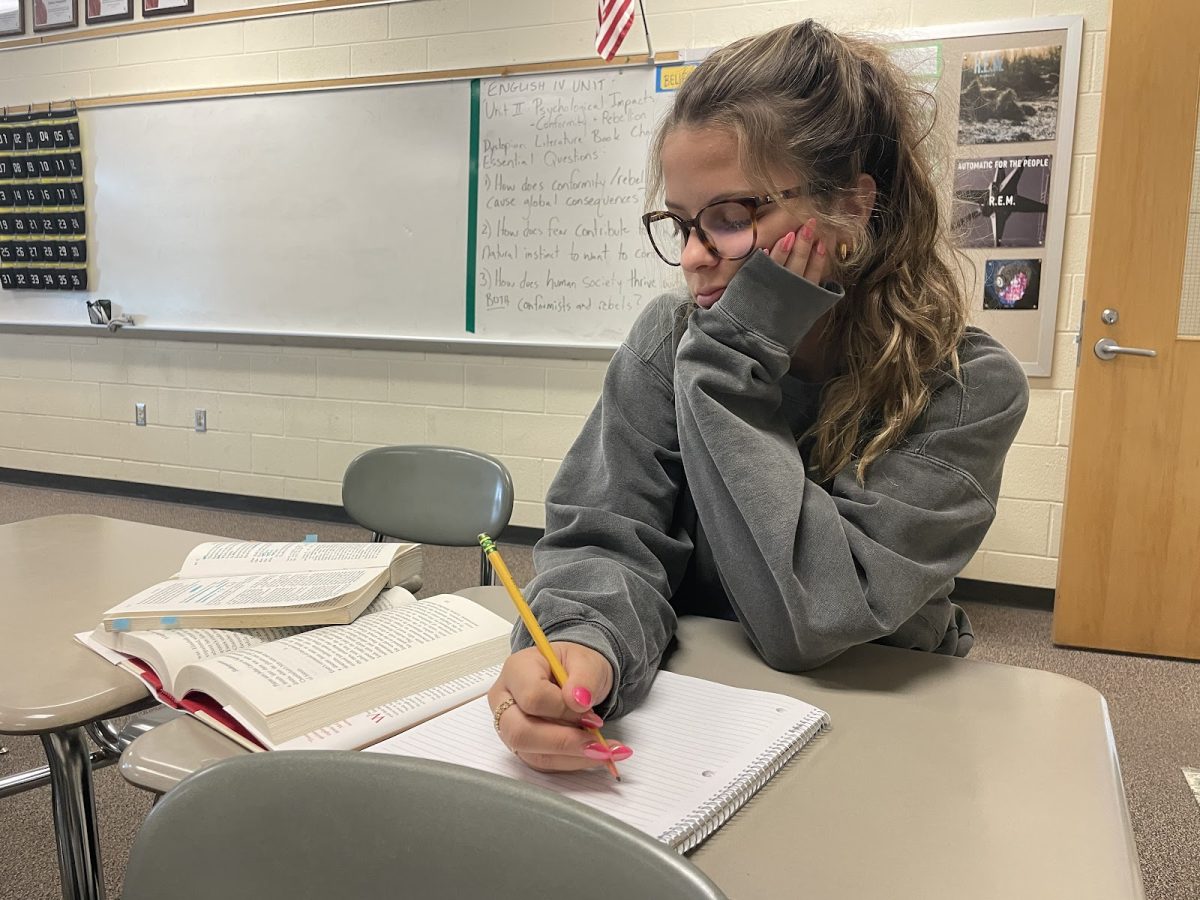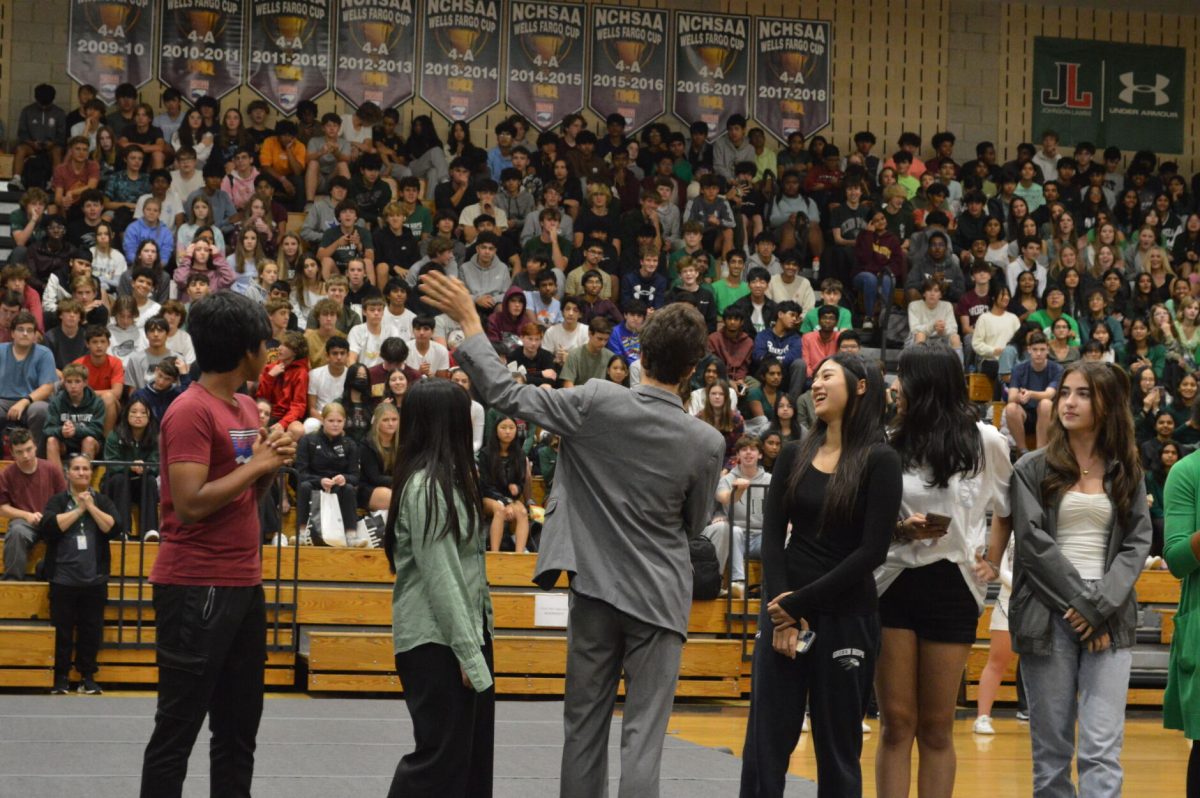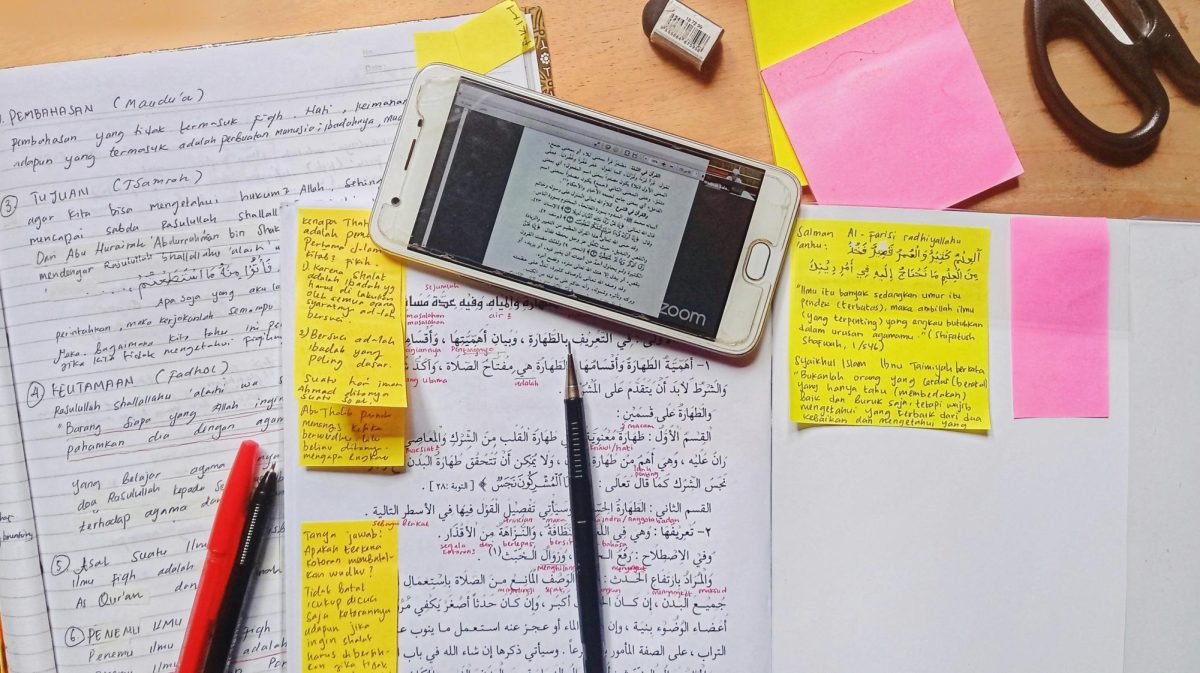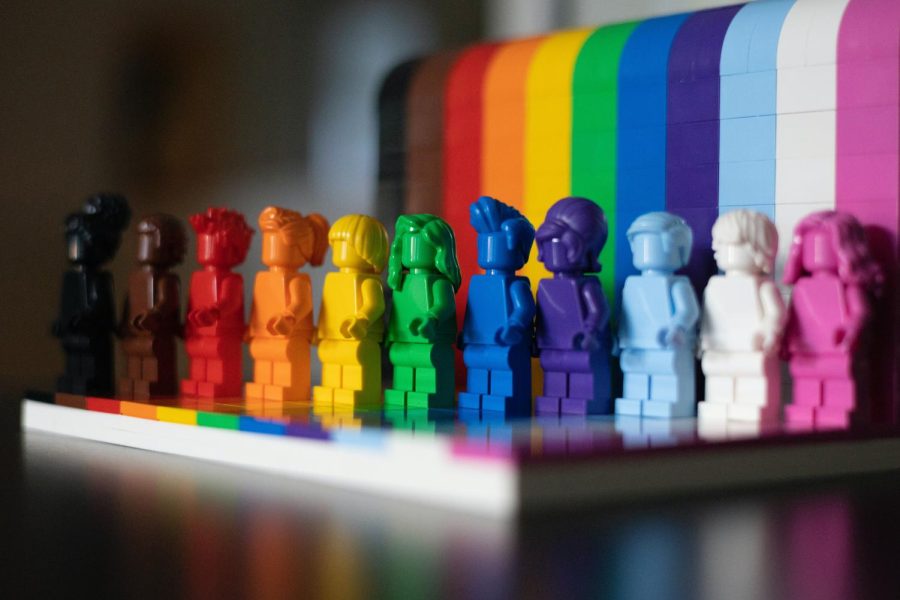Editorial: Legislating the Education of LGBTQ+ Youth
Understanding and Education are Key Factors in Reducing Hate
LGBTQ+ youth are being subjected to legislation that prevents discussions of sexual orientation and gender identity in early education.
March 23, 2022
Imagine the pain of a person being bullied for their looks, lisp or accent. Something harmless that cannot be changed, cannot be controlled. Now imagine a law that banned the discussion of this bullying at all. Leaving no room to speak up, voice concern or even learn to accept one’s unique self. These are some of the feelings expressed by students that have been impacted by “Don’t Say Gay.”
The commonly known “Don’t Say Gay” bill was approved by the Florida Senate in early March. Under this controversial legislation, “primary schools,” referring to kindergarten through third grade, are prohibited from discussing sexual orientation and gender identity. It was seen by the LGBTQ+ community as attacking students’ freedom of expression. With this bill, Florida unfortunately added to a list of six other states with similar laws.
While LGBTQ+ representation has increased in recent years, the community is nowhere close to reaching equality; “Don’t Say Gay” is an unnecessary leap backwards in the progress made thus far. Through banning discussion on sexuality and gender, Florida schools are further stigmatizing the queer community. Many failed to see the logic behind Florida State Representative Joe Harding’s statement when he deemed this “not appropriate” in schools. Gender identity can be established as early as three years of age, meaning it can also be questioned as early as three years of age. In fact, the primary school demographic this bill targets is simply unjustifiable as those years are some of the most critical to the development of gender.
Contrary to a widely held belief, homosexuality and transidentity are not inately controllable, nor are they innapropriate; These myths stem from a lack of education; “Don’t Say Gay” makes it clear that states aren’t interested in getting educated but instead in suppressing it. Will Larkins, a junior at Winter Park Highschool in Florida stated in a New York Times article “I have come to realize that those who have been so openly hateful toward me often knew little about the queer community — they thought being L.G.B.T.Q. was a conscious choice.”
This habitual hate has led to a plethora of mental health struggles with in queer and trans communities. According to a study published by The National Academies Press,”Compared with heterosexual youth, LGBT youth report experiencing higher levels of harassment, victimization, and violence, including verbal, physical, and sexual abuse.” The study goes on to further state “School-based harassment, bullying, and peer victimization are the most common topics in the literature on LGB youth. This emphasis may be due to the role of schools in child and adolescent socialization and development.” The presentation of sexuality and gender to younger children plays a pivotal role in how those ideas develop over-time. When schools instill ignorance within their students it overpowers true learning and creates a future full of hate. At that point schools, and their leaders, have no one to blame but themselves.
When schools instill ignorance within their students it overpowers true learning and creates a future full of hate. At that point schools, and their leaders, have no one to blame but themselves.
This issue has been prevalent locally in North Carolina too, especially at Cary High School with recent disputes over banning the novel Lawn Boy. It is the coming of age story of a queer boy. Throughout the story, he recalls times in his childhood in which he struggled with his sexuality. The novel portrays themes of sexuality, growth and acceptance. When Chad Slotta, a parent, fought to ban this important book it caused an uproar from the student body. Sage Clausen, a leader of the Idea Club at Cary High School, spoke out on this issue saying, “you have to think on a broader scale because there are so many kids in Wake County, in North Carolina, across the nation, all with different backgrounds, different experiences, and just because you might feel uncomfortable with the subject matter in a book doesn’t mean that everyone should be unable to access it.” Understanding the nonsensical means of this ban request, rejection of the proposal was nearly unanimous by the Wake County School Board.
“Don’t Say Gay” is a meer progression of hate. It is being compared to “No Promo Homo” which refers to a set of laws banning the show of homosexuality in schools. It was enacted in Texas, South Carolina, Mississippi, Arizona, Louisiana and Alabama. Alabama’s legislation is possibly the harshest and most blatant with Code Title 16. stating, “any program or curriculum in the public schools in Alabama that includes sex education or the human reproductive process shall, as a minimum, include and emphasize … in a factual manner and from a public health perspective, that homosexuality is not a lifestyle acceptable to the general public and that homosexual conduct is a criminal offense under the laws of the state.” Outwardly calling homosexuality a crime.
Rigorous legislation continues to bombard school systems all over America, deeming important topics as “inappropriate”. Continuation of this practice will further promote stereotypes and prejudice. “Don’t Say Gay” may not be the last unjust law attacking the LGBTQ+ community if this unfortunate practice continues.








